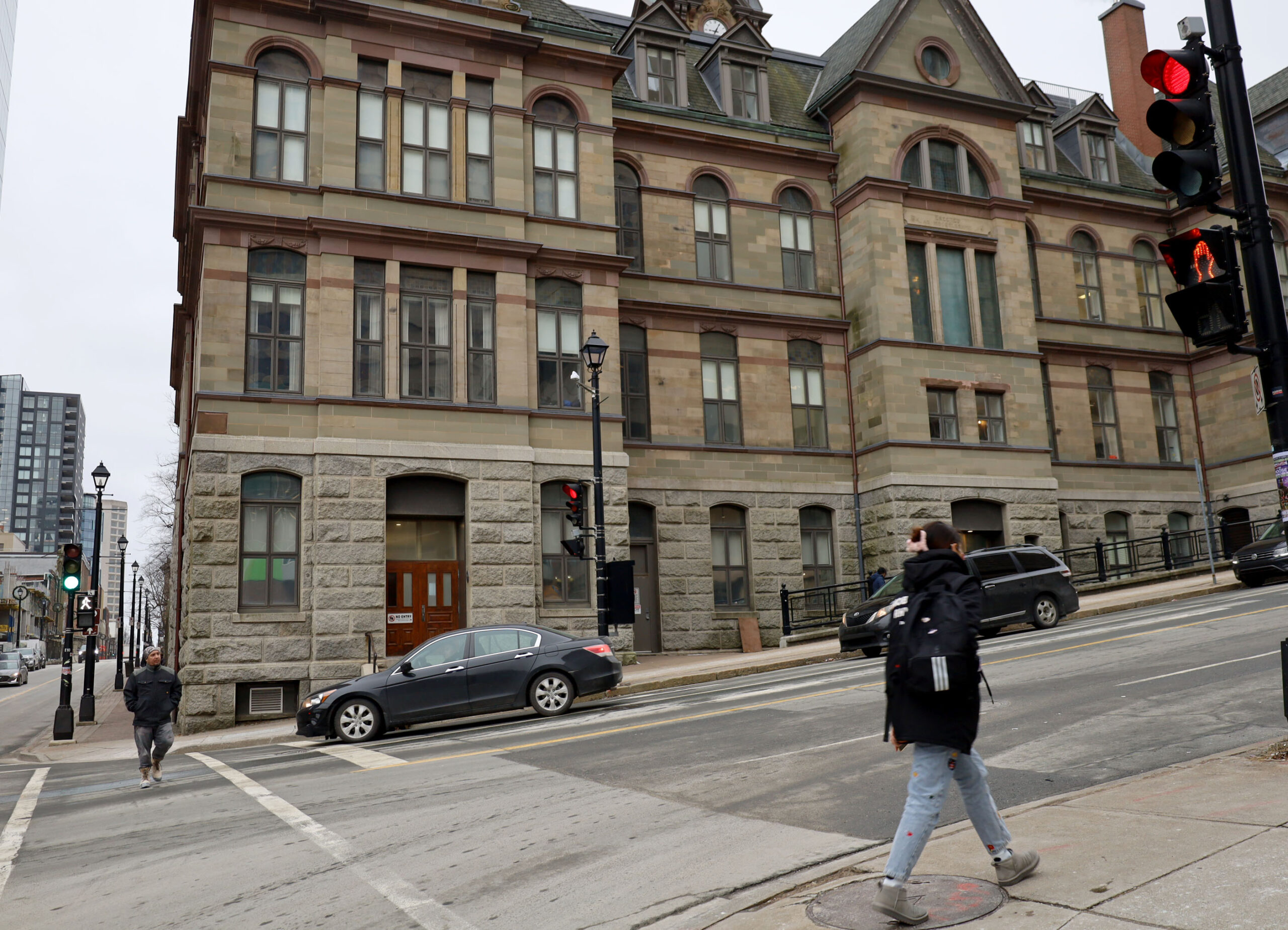Committee approves capital budget, multi-year plans for future major projects
HRM seeks ways to cope with growing cost of capital projects

caption
Halifax City Hall is seen from Duke Street. The city's budget committee passed the 2024-25 capital budget in a virtual meeting on Wednesday. The budget now goes to regional council.Halifax Regional Municipality’s budget committee approved a lower than anticipated capital budget for 2024-25 on Wednesday.
The proposed budget totals $309 million. The multi-year capital plan that will advance major capital projects in the city was also approved.
According to plan documents, the budget total was lower than anticipated due to labour market shortages, supply chain delays and inflation.
Two of the projects included in the 2024-25 budget are located in Bedford – the Mill Cove ferry terminal and a new library. Planning around Bedford’s new library will start in April with a budget of $15.5 million, if approved by regional council.
Megan Gainer, director of facilities for Halifax Public Libraries, said they are happy with the library location, but due to population growth, they may require additional space in Bedford, likely in another leased facility.
Coun. Trish Purdy (District 4) questioned the size of the proposed Bedford library, and whether it could serve the community’s growing population. She also raised concerns about the project’s funding.
“Why wouldn’t we allocate these resources a proper-sized library in this area that we know is needed?” said Purdy.
Dave Reage, executive director of Halifax Transit, said he was confident the municipality will have a decision from the federal government soon about funding the Mill Cove project.
“We are working under the assumption that we will be successful,” said Reage.
Other projects listed in the multi-year capital plan include a revamping of the Windsor street exchange and plans to redevelop both the Halifax Forum and Burnside Transit Centre.
The eco-rebuild for the Burnside Transit Centre, to allow for electric buses, is projected to cost around $370 million.
The city will tap into around $165 million worth of reserve funds, and use its previous budget of about $20 million, in order to fund the project. $185 million more would still be needed to completely fund the renovation.
Coun. Waye Mason (District 7) said he is “worried” about how far down the road the Burnside project is because of the city’s lack of capacity for charging electric buses at Ragged Lake Transit Centre. He said there might be further work to be done at Ragged Lake to add more charging capacity.
As stated in the draft capital plan book, rebuilding the Burnside Transit Centre will accommodate sustainable fuel vehicles and allow for growth. This rebuild is phase two of Halifax’s federally funded Zero Emission Bus Project, which aims to advance the city’s climate change initiatives. Phase one was purchasing 60 electric buses and chargers, and expanding Ragged Lake Transit Centre to store and charge the buses.
A different capital plan discussed buying new buses for the city, but didn’t specify whether they would be electric.
“We don’t know that we have an articulated bus electric solution that can go the distance,” said Mason. “We need to be honest with the public if we can’t deliver that.”
Reage said it’s a transitional time for the fleet. “We have a study underway right now to look at our future fleet mix … there’s no currently-available tested, proven articulated bus that is zero-emission.”
Coun. Sam Austin (District 5) asked how fleet electrification costs were being captured in the capital plan.
“To me it’s important that … we don’t just label everything as HalifACT,” he said, referring to the city’s climate action plan. He said it is important the municipality is “deliberate about what things are truly the additional cost of doing the climate change piece versus we would buy a bus anyway.”
Shannon Miedema, HRM’s director of environment and climate change, said the federal Climate Action Tax, used for climate action funding, only covers the 60 electric buses and chargers. These taxes only add up to the first four years of the capital plan for HalifACT.
The budget committee also directed staff to find new ways to fund the growing cost of capital projects.
About the author
Aidan Rawding
Aidan is in her fourth year of the BJH program at King's.
